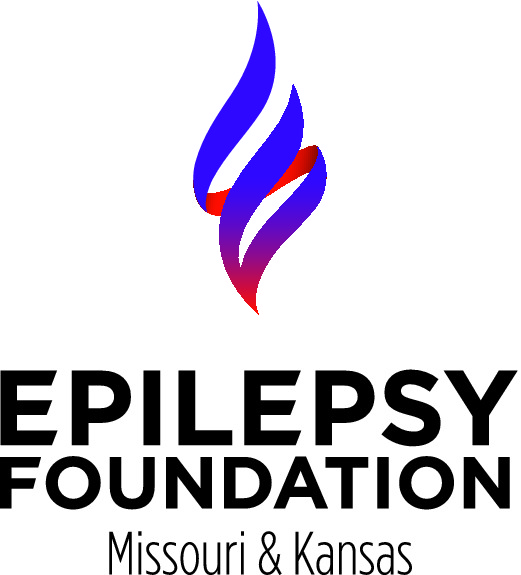
Epilepsy Foundation
Address: 222 S. Meramec Ave., Suite 202-1050, St. Louis, MO 63105
Phone: 314.781.4949
Fax: 314.781.4907
Email: epilepsy@efmk.org
Website: www.efmk.org
Description:
The Epilepsy Foundation of America is the national voluntary agency dedicated solely to the welfare of almost 3 million people with epilepsy in the U.S. and their families. The organization works to ensure that people with seizures are able to participate in all life experiences; to improve how people with epilepsy are perceived, accepted and valued in society; and to promote research for a cure. In addition to programs conducted at the national level, epilepsy clients throughout the United States are served by 48 Epilepsy Foundation affiliates around the country. Created in 1955 as a grassroots effort to help people with epilepsy, the Epilepsy Foundation of Missouri and Kansas is a not-for-profit 501c(3) serving the two state area, offering advocacy and educational services to people with epilepsy, their families, and the communities in which they live.
Independent Living:
The Independent Living program is designed to assist adults with epilepsy acquire skills to secure lifelong independence. The target population is interested adults with epilepsy 18 years and older living in St. Louis City. The program is dedicated to improving opportunities for people with epilepsy by providing training on: medication management, communication in a crisis, behavior modification (related to epilepsy), stress management, seizure safety, conflict resolution, seizure management and developing plans for independence.
Education:
The Epilepsy Foundation of Missouri & Kansas provides epilepsy training on seizure recognition and on seizure first aid in various community settings for different audiences, including, but not limited to: school personnel, students, healthcare providers, law enforcement, first responders, and area employers.
In school settings specifically, these trainings will also help equip attendees with information, strategies and resources that will enable him/her to better manage the student with seizures by supporting positive treatment outcomes, maximizing educational and developmental opportunities, and ensuring a safe and supportive environment.
